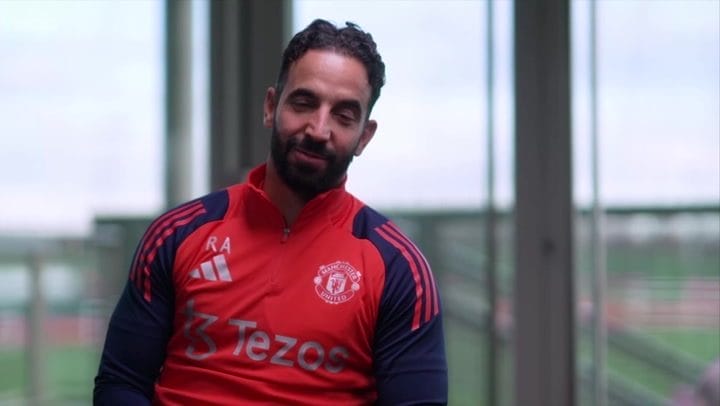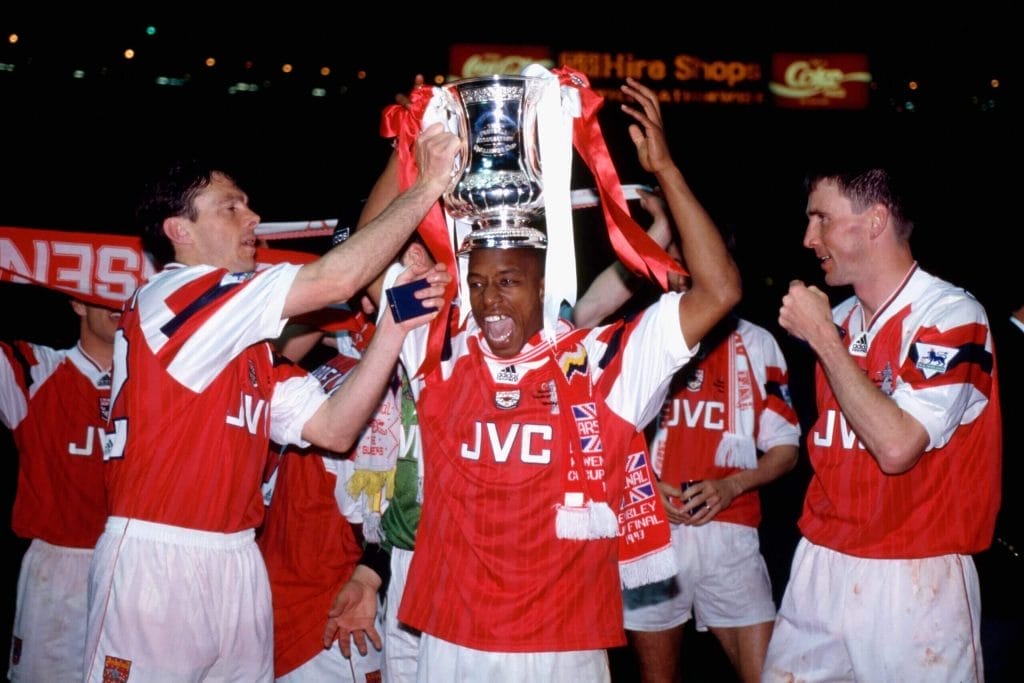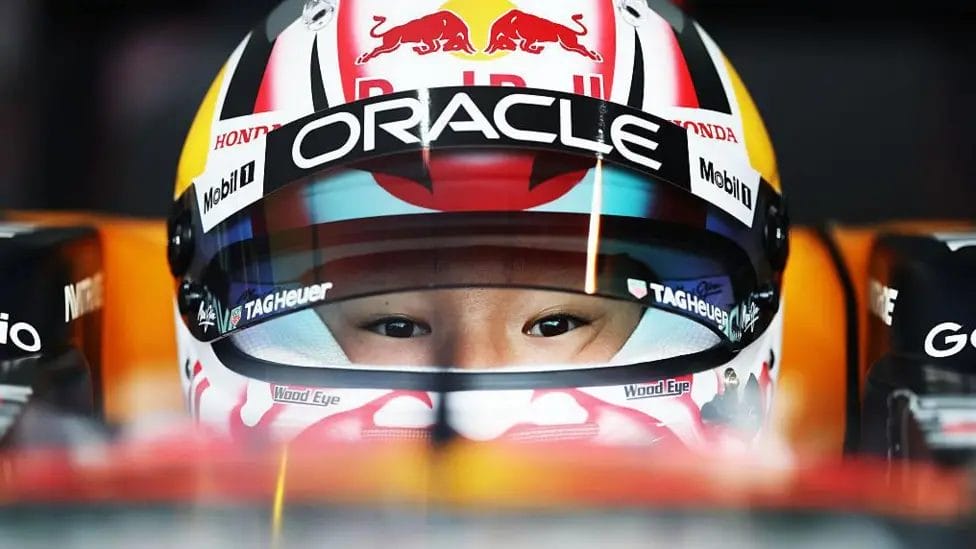
The FA Cup has long been known for its unpredictability and excitement, with clubs from all tiers of the English football pyramid having a chance to make a name for themselves in one of the oldest and most prestigious tournaments in the world. The concept of the FA Cup replays has been an integral part of the competition for decades, with lower league sides often seeing replays as an opportunity for a lucrative financial windfall. However, recent changes in the competition’s structure have led to the scrapping of replays from the first round onwards, a decision that has sparked debates throughout the football community. This article explores the arguments for and against the removal of FA Cup replays, looking at the implications for clubs across the pyramid and the overall impact on the competition.
The Magic of the FA Cup: How Replays Have Shaped the Tournament
The FA Cup replays have historically been one of the most exciting elements of the competition, offering underdog clubs a chance to host Premier League giants in front of their home fans and potentially cause an upset. For clubs from lower leagues, a replay at a bigger club’s stadium could result in a significant financial boost through ticket sales, TV revenue, and increased media exposure.
Take, for example, the recent third-round tie between non-league Tamworth and Premier League side Tottenham Hotspur. The match at Tamworth’s Lamb Ground was a thrilling encounter, with the non-league team holding Tottenham to a 0-0 draw after 90 minutes. A last-gasp effort from Tamworth nearly resulted in an unlikely win, but instead, the match ended in a draw, sending both teams into what could have been a lucrative replay at Tottenham’s stadium. Traditionally, such replays were seen as a reward for smaller clubs, offering them a chance to gain financial stability and exposure, as well as a once-in-a-lifetime experience.
Historically, these replays have added an extra layer of magic to the FA Cup, giving lower-league clubs the opportunity to not only compete but also secure a financial windfall that could sustain their operations for years. However, in recent years, the structure of the competition has changed, and FA Cup replays have been scrapped in favor of a more streamlined format.
Why Were FA Cup Replays Scrapped?
The decision to eliminate FA Cup replays was made as part of a broader plan to ease fixture congestion in English football. The FA, in consultation with the Premier League and other stakeholders, decided that the modern football calendar had become too congested to accommodate replays from the first round onward. This decision was part of a new six-year agreement between the FA and the Premier League, which aimed to prioritize the welfare of players while still preserving the competition’s appeal.
Mark Bullingham, CEO of the FA, explained the reasoning behind the decision, saying, “The new schedule ensures the magic of the cup is protected and enhanced, while working for the whole of the English game.” The FA cited the growing pressures on players due to the expansion of European competitions, including the UEFA Champions League and Europa League, as a key factor in their decision to scrap replays. The introduction of a revamped Club World Cup, which now features 32 teams, has also contributed to the increasing demands on top-tier clubs.
With the expansion of these international tournaments, clubs at the top of the pyramid find themselves facing a jam-packed fixture schedule, leaving little room for the traditional FA Cup replays. Additionally, with players already struggling to balance domestic and international competitions, the risk of injury has grown, and player welfare has become a central concern. As a result, the FA and Premier League agreed that replays from the first round onwards were no longer feasible.
Arguments in Favor of Scrapping FA Cup Replays
There are several reasons why some people support the removal of FA Cup replays. One of the main arguments is that replays tend to favor larger clubs, which can often field stronger teams in a replay, making it more difficult for smaller clubs to progress. Without replays, matches are more likely to be decided on the day, with extra time or penalties determining the winner, which gives clubs from lower leagues a better chance of progressing.
For example, Tamworth’s path to the third round of the FA Cup saw them defeat Burton Albion, a League One club, in a thrilling penalty shootout. Under the old system, the chance for a replay would have given Burton a second chance to avoid elimination, but with replays now gone, the result stands, providing an equal opportunity for both teams to win in regular play or extra time.
Another advantage of scrapping replays is the reduction in fixture congestion, which can be particularly problematic for top-tier clubs involved in multiple competitions. Without the need for replays, clubs are able to focus on their primary objectives, whether that be domestic league titles, cup competitions, or European success. By removing replays, the FA is hoping to alleviate some of the scheduling pressures faced by top clubs, allowing them to manage their squads better and reduce the risk of player burnout.
Furthermore, the revenue generated from FA Cup replays is no longer as significant as it once was, due to the increased commercial focus on the Premier League and other high-profile tournaments. For some clubs, the financial windfall from replays no longer has the same impact, making the case for scrapping them more compelling.
Arguments Against Scrapping FA Cup Replays

Despite the rationale behind the removal of FA Cup replays, many clubs and football figures are unhappy with the decision. The main argument against scrapping replays is the lost opportunity for lower-league clubs to earn much-needed revenue. Tamworth, for example, could have earned as much as £800,000 from a replay at Tottenham’s stadium, according to football finance expert Kieran Maguire. This kind of revenue could make a huge difference for clubs operating on tight budgets, especially those in non-league or League One and Two clubs.
The removal of replays also reduces the potential for the kind of fairy-tale stories that have made the FA Cup such a beloved competition. Macclesfield’s famous 2018 victory over West Ham United, for instance, could have been followed by a replay at London Stadium, offering the club both a financial boon and invaluable exposure. Without replays, the chance for underdog clubs to create such memorable moments is diminished.
EFL clubs, particularly those in the Championship and lower divisions, have also expressed dissatisfaction with the change, as they believe that the new format benefits the larger clubs, who can afford to take on the additional fixture load. Trevor Birch, CEO of the EFL, criticized the move, arguing that it disproportionately affects clubs lower down the pyramid. Birch noted that the decision was made by the Premier League and the FA, leaving EFL clubs feeling marginalized and losing out on a key source of income.
What Have People Said About the Scrapping of FA Cup Replays?
The reaction to the removal of FA Cup replays has been mixed. Tottenham’s Ange Postecoglou, for example, expressed understanding for the situation but defended the decision, citing the need for clubs to focus on their packed schedules. “I get the sentiment, but at the same time I’ve been banging on about less games so it is a balancing act,” said Postecoglou.
Meanwhile, Tamworth manager Andy Peaks was proud of his side’s performance against Spurs, even if the prospect of a replay was no longer on the table. “To take a team to extra-time, it is unbelievable. I am immensely proud. I just said ‘don’t be disappointed, because we almost created history there,'” he said.
Football figures such as Chris Sutton and Robbie Savage have been outspoken in their criticism of the decision to scrap replays. Sutton suggested that it could risk damaging the “fairy tale” nature of the FA Cup, while Savage argued that it only benefits the bigger clubs, depriving smaller teams of the chance to generate crucial revenue.
The Future of FA Cup Replays

The decision to scrap FA Cup replays has sparked a debate that touches on issues of fairness, financial disparity, and the preservation of tradition in English football. While the decision is seen by some as a necessary step to address fixture congestion and protect players’ well-being, others feel that it undermines the magic of the FA Cup and the opportunities for lower-league clubs to earn valuable revenue. Whether or not the changes will have a lasting impact on the competition remains to be seen, but one thing is certain: the FA Cup will continue to be a tournament full of surprises, regardless of whether replays are part of the equation.








